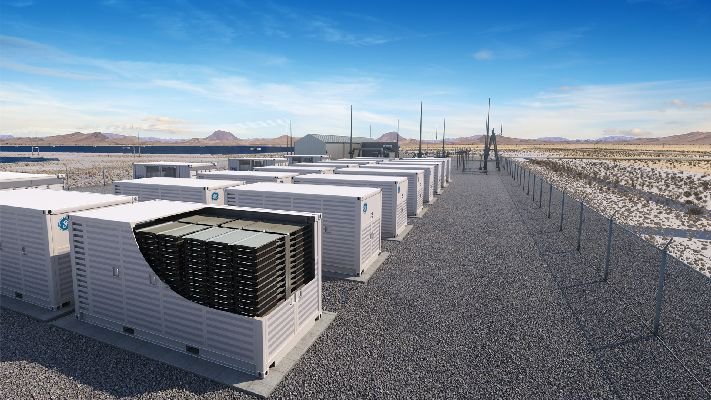Non-conventional energy sources, like Solar, Wind, and Hydro, among others, do not have a constant production. For instance, while it might not be possible to harness the power of the sun at night, with energy storage solutions, one can use the stored energy, based on the requirement, irrespective of whether the power is being generated at the time or not.
There is still a huge potential that remains untapped, and to make renewable energy a successful source to answer all power needs, it is important to have a means to store the surplus power generated.
Currently, there is a severe lack of utility scale energy storage solutions across the sector. In addition to that, most grids in the country are thermal-fed. The hesitation to transition is based on the fluctuations that are seen in the output, making direct grid connectivity an area of concern. While during the day, there is a balance, the usage witnesses a peak during evening.
Energy storage solutions or batteries provide the option for the requisite linear output that can address many of these challenges. Globally, nations are accepting and understanding the importance of energy storage solutions and incorporating it in energy tenders.
Looking towards India, recently, there were reports of SECI (Solar Energy Corporation of India) ensuring its tender for renewable projects in Lakshadweep, to include energy storage, based on guidelines set by MNRE (Ministry of New and Renewable Energy).
With growing traction in the floating solar and electric vehicle segments, the focus on energy storage solutions has increased many fold, as a result of which, it has moved beyond traditional segments.
The success of the EV segment, especially, relies mostly on an efficient energy storage solution. This has led to both traditional battery companies and new entrants realising the potential of aligning their focus towards developing Lithium-ion batteries that can provide the requisite push.
Reference- Economic Times






